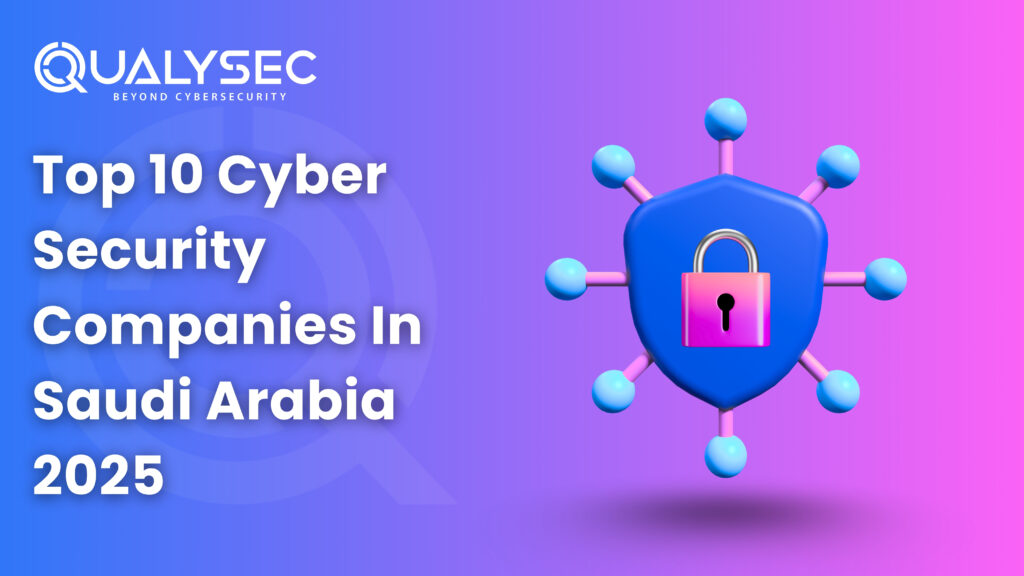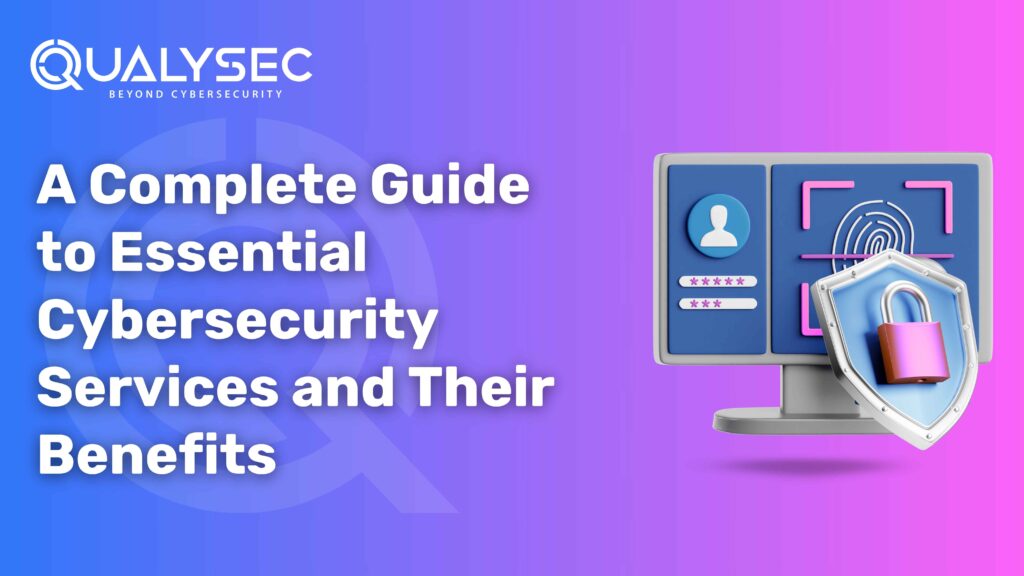Top 10 Cybersecurity Companies In Indonesia 2025
Cybersecurity companies in Indonesia has come to the spotlight. As more and more businesses bring their operations online, staying safe from online attacks is more important than ever. Cyber attacks are smarter than ever, and a lot of companies are falling behind in their efforts to protect themselves. Cyber attacks are causing a lot of damage, with recent attacks against government systems and people having money stolen from them over online platforms. Without the right protection, no one is safe from being attacked. This blog is simple and in plain language, a look at the top 10 cybersecurity companies in Indonesia. These cybersecurity companies have local knowledge, experience, and intelligent solutions to help keep your business as safe as possible. It’s a simple post with no fluff, containing usable information to guide you in identifying the best partner to help keep you secure. Top 10 Cybersecurity Companies In Indonesia Cybersecurity threats are emerging rapidly, and Indonesian companies are on high alert. In 2025, the demand for effective cybersecurity capability is at an all-time high. Whether you’re a startup or a large organization, selecting the right cybersecurity vendor is of the utmost importance. Below is a list of the Top 10 Cybersecurity Companies in Indonesia making a big difference this year. 1. QualySec Technologies QualySec Technologies is a highly rated cybersecurity firm in Indonesia with an emphasis on penetration testing. The company performs penetration testing to identify vulnerabilities for various platforms including web apps, mobile apps, APIs, cloud infrastructure, IoTs, and even AI/ML models. One area that differentiates QualySec is its model, which performs both manual and automated testing, offering the best of both speed and reporting accuracy. QualySec aims to help organizations fix security flaws in their environments before malicious attackers exploit them. QualySec uses a proactive approach to provide organizations with industry-compliant testing based on their environments and regulations. It is trusted by Startups and Enterprises alike. If you are looking for a reliable partner to test your digital defenses, QualySec has technical depth, great turnarounds, and an exceptional security mindset. 2. ITSEC Asia ITSEC Asia is one of the top cybersecurity companies based in Jakarta (Indonesia) that is well-known in the Asia-Pacific region. They have over 300 professionals and offer a variety of services, which include consulting, managed security, security operations center (SOC), DevSecOps, threat hunting, incident response, and so forth. Popular tools include IntelliBron (for monitoring strategic vulnerabilities), VPN monitoring, and a virtual Chief Information Security Officer (CISO) (if you don’t have a CISO, you can outsource the role). They tend to service large enterprises in various industries. 3. Horangi (Indonesia) Horangi is a Cybersecurity Consultants that operates in Jakarta (Indonesia), and its growth of the Warden cybersecurity platform helps businesses stay secure in the cloud. This is one of the Penetration Testing Companies in Indonesia offers red teaming, compliance services (ISO 27001, OJK, GDPR), and threat monitoring services. They have served a variety of local and global companies and have specific strengths around cloud and infrastructure security. 4. Digiserve (by Telkom) Digiserve is a cybersecurity managed services provider owned by Telkom Indonesia. The company focuses on solutions exclusively around network, cloud, and cybersecurity, and has partnerships with large enterprises in various sectors, mainly telecom and government. The company currently offers managed WAN, secure cloud hosting, and a threat prevention system, to name a few. Being part of Telkom allows them to be highly scalable, with infrastructure that is easy to trust. 5. Compnet Compnet is an ICT integrator based in Jakarta that provides complete technology systems from networks to cybersecurity. Their strength is in the ability to design secure infrastructure and offer firewall configurations, secure access, and data protection solutions. Compnet serves the public and private sectors. 6. Elitery Elitery is a Jakarta-based Cybersecurity Services provider with a strong cloud services and cybersecurity focus. It helps companies transition safely to the cloud by offering data protection services, disaster recovery services, and threat monitoring services. Elitery has the team to perform digital transformation securely. 7. Cyber Army Indonesia (CyberArmyID) CyberArmyID is a Bandung-based crowd-powered bug bounty platform that partners with ethical hackers to discover and report vulnerabilities within the systems of their clients. All findings are vetted and verified before any disclosures to the companies that are patched. It is a proactive and community-driven model. 8. Protergo Cyber Security Based in Jakarta, Protergo is a company covering all aspects of cybersecurity. Consulting, audits, security risk assessments, and managed detection and response are just some of their services. The team assists firms in every industry in building comprehensive end-to-end defenses to protect themselves from cyberattacks. They are a local firm catering to modern security needs. 9. Fedco International Fedco’s office is located in Tangerang and is predominantly focused on cybersecurity of industrial systems such as SCADA and other industrial control systems (ICS), mainly for clients in manufacturing, energy, and utilities-protected industries. Their solutions are tailored for operational technical (OT) environments, which take a different form from IT environments. 10. Peris.ai Peris.ai is a Jakarta-based start-up providing cybersecurity as a service utilizing artificial intelligence. They allow businesses to monitor threats in real life (real-time), identify risks sooner, and respond more autonomously. Their service provides a model that makes advanced cybersecurity more accessible and scalable through the subscription (SaaS) model of delivery. Why Indonesia Is a Hotspot for Cyber Threats in 2025 In 2025, Indonesia has become a regular target for cyber attacks. As more companies conduct business online, many companies are not adequately equipped to handle the online threats. Small and medium businesses usually employ legacy systems, don’t employ security plans, and don’t understand key rules of security like ISO 27001 and the PDP Law, which allow hackers to gain access easily. Over the previous year, there have been massive cyber attacks that included a successful attack on hundreds of government servers. There were also attacks on crypto platforms resulting in the theft of high-value assets. The lack of trained cybersecurity professionals and the unwillingness of the majority of






